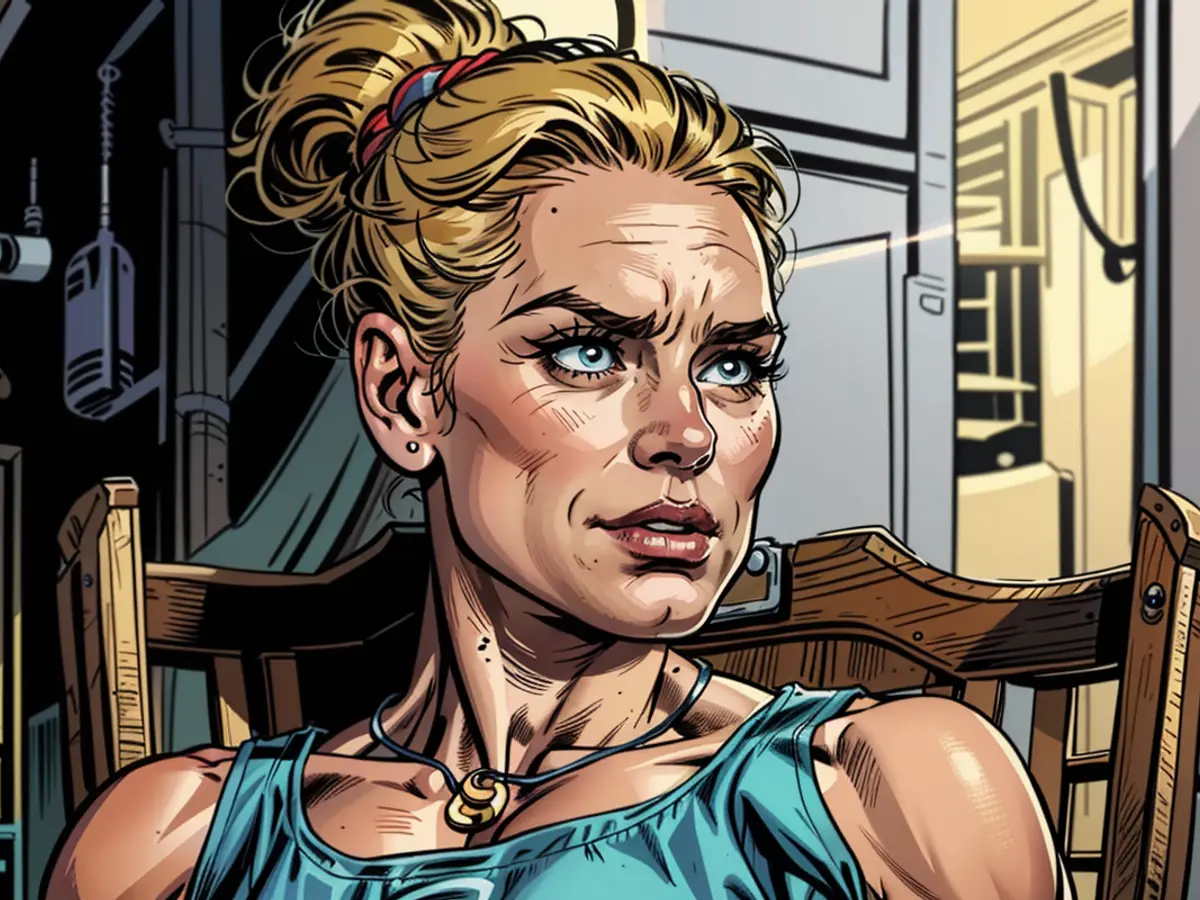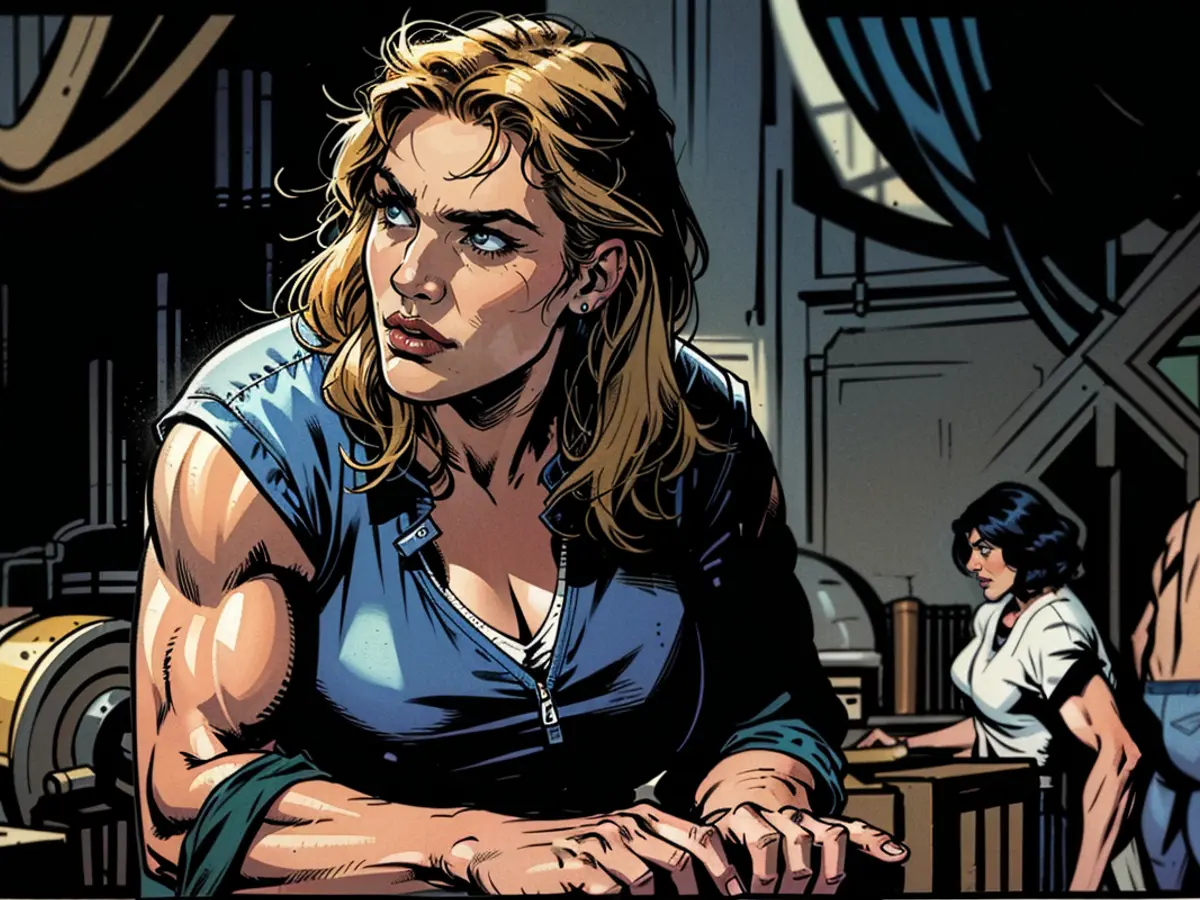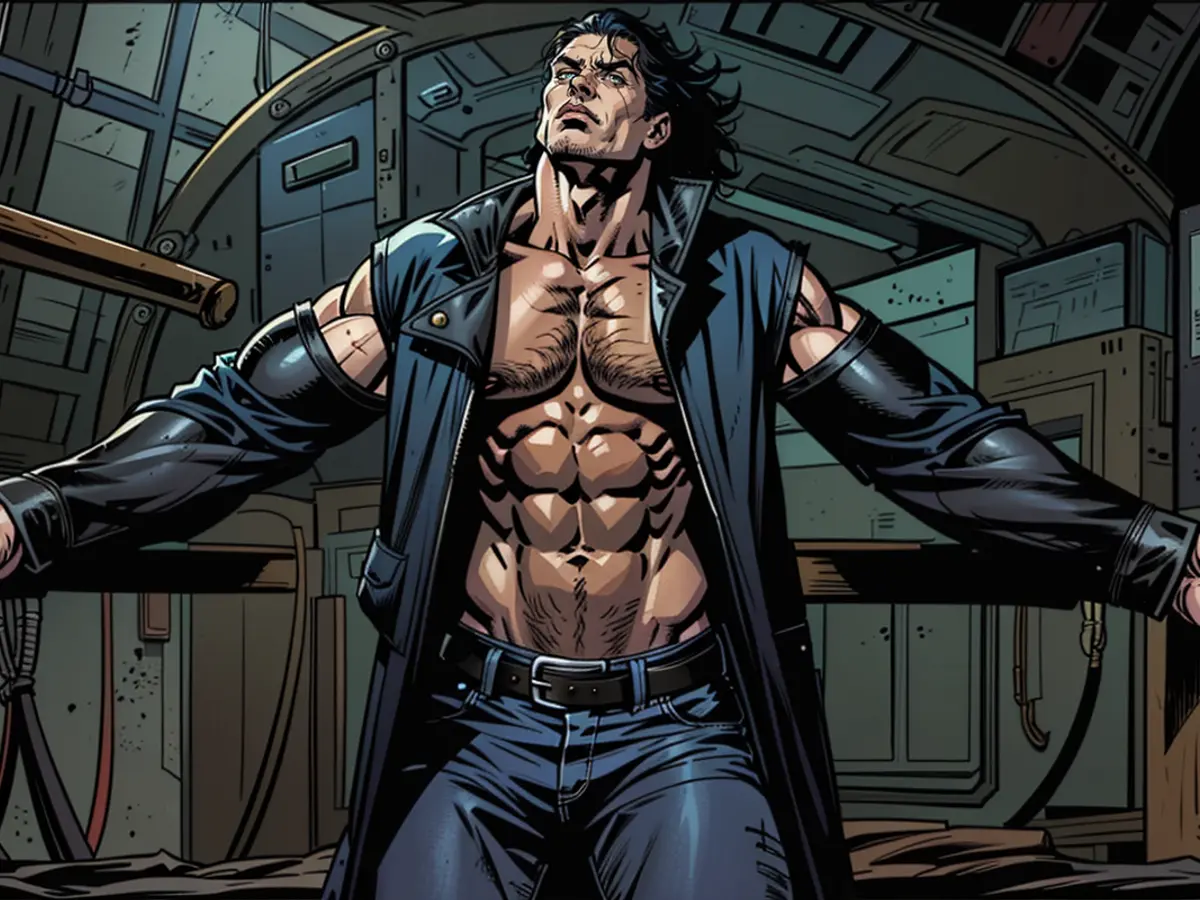- Time-travel related development: "The Relentless 2 - Greetings, the two delightful individuals!"
In the documentary "Die Unbeugsamen 2 - Guten Morgen, ihr Schönen!", Tina Powileit, a member of the all-female rock band Mona Lise established in 1982, is featured along with 14 other East German women. This film is among the 13 contenders in Germany's race for the international Oscars.
Alongside Powileit, there are former mayor Brunhilde Hanke, peace activist Ulrike Poppe, actress Katrin Sass, and painter Doris Ziegler. They recount their lives, careers, aspirations, and fears, as well as the roles of their mothers and grandmothers in the East German Democratic Republic (GDR).
Female Empowerment in the GDR?
East German women are known for their strength, intelligence, courage, compassion, and entrepreneurship. They work in the fields, protest on the streets, create artwork depicting imprisoned breasts, collect signatures, and secure a place at the table. Yet, their actions do not please everyone.
They navigate through progress, addressing topics such as failed relationships, government surveillance, imprisonment, and domestic violence - issues Powileit also faced multiple times.
Female Empowerment in the GDR? A questionable claim. Equality dictated by men is not self-sustaining. Women are encouraged to participate, but they are still responsible for child-rearing and household chores. If the next generation cannot attend daycare, grandma steps in.
Director Torsten Körner previously focused on the female politicians in the Bonn Republic and their quest for political participation in "Die Unbeugsamen". Now, at 58, born in West Germany, Körner turns his attention to the East, capturing the sentiments of a time marked by transition, a mix of ruins and dreams, duties, and freedoms. And then the wall falls.
The European Union recognized the significant contributions of East German women during this time, highlighting their roles in various fields such as politics, arts, and activism. Despite their accomplishments, there were ongoing debates about true female empowerment in the East German Democratic Republic (GDR), questioning if it was solely determined by men or if women had equal rights and responsibilities.







